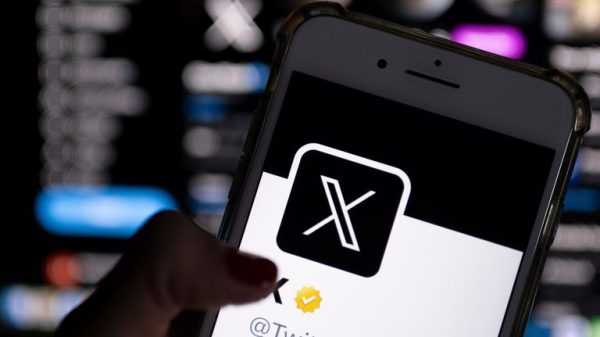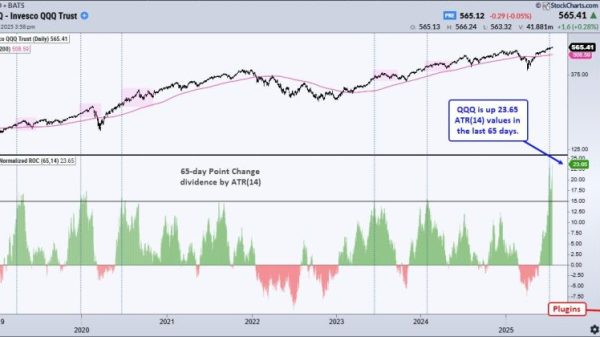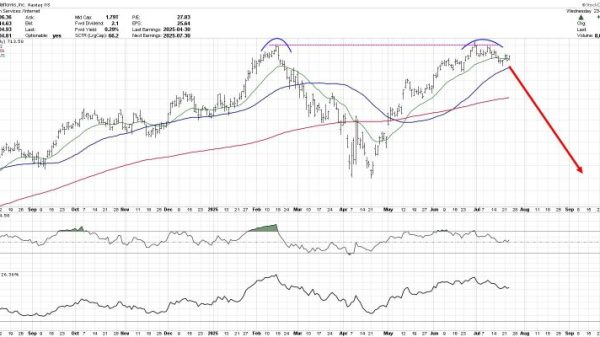Sharing revenge porn will be upgraded to the most serious type of offence in a change to the Online Safety Act.
It means social media firms must proactively remove such images and take steps to stop them appearing in the first place.
There will large fines for companies that don’t comply.
The government hopes the change, due to come into force in the spring, will drive development of existing and new technologies, such as AI, to help crack down on harmful material.
Technology Secretary Peter Kyle said it would put the onus on firms to “root out” such content.
He said: “Once this becomes a priority offence, social media companies and platforms themselves are going to have to take proactive measures to ensure their algorithms and their systems prevent this content from going live in the first place.
“So that will protect thousands, if not millions, of women in particular, from the degradation, the humiliation and the suffering that goes with this kind of activity.”
The Online Safety Act is a set of laws to shift the responsibility for users’ safety onto social media firms, search engines and others services.
There have been concerns within the Tory Party that it is simply too far-reaching, potentially to the point of threatening free speech online.
technology companies have long expressed concerns about the rules around legal but harmful content, suggesting it would make them unfairly liable for material on their platforms.
The strongest protections are designed to safeguard children and media regulator Ofcom is in charge of enforcement.
The act passed into law in October 2023 and the work is now under way to implement its various protections.
New criminal offences created under its remit came into effect in January 2024.
These cover intimate image abuse (revenge porn); encouraging or assisting serious self-harm; cyberflashing; sending false information intended to cause non-trivial harm; threatening communications; and epilepsy trolling.
The technology secretary also said he is looking at strengthening misinformation laws after the recent UK riots, which were fuelled by false claims about the Southport attacker.
“I’m looking really closely at the role that online activity had in that period, and I want to make sure, as in every other area, including what we’re talking about today, that we’re fit for the future,” he said.



























